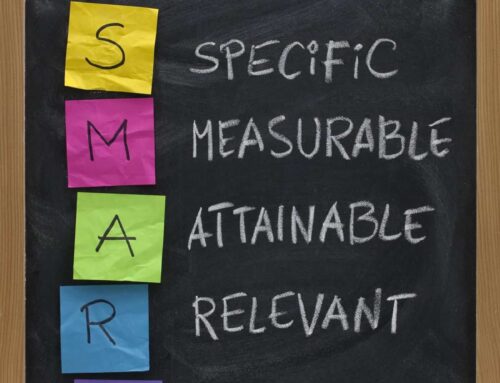5 Myths About Mental Health
Many people still believe common myths about mental health. If you fear that you may have trouble separating reality from myths, consider these five myths and their facts.
Mental Health Problems Don’t Affect My Family or Me
Over 25% of the world’s population will deal with a mental health issue sometime during their lifetime. Over 43.6 million people over the age of 18 are diagnosed with a mental health issue. Except for births, mood disorders are the most common reasons for hospitalization in the United States in people under 45. Over $1 trillion is lost annually in workplace productivity worldwide. Around 8% of all emergency room visits are because of a mental health crisis in an average year.
Mental Health Problems Affect Only Adults
People of all age groups experience mental health issues. Over 16% of children in the U.S. are diagnosed with a mental health condition. An astonishing 70.4% of children in juvenile detention facilities have a diagnosed mental health condition. Over 17% of all high school students and over 11% of all people between the ages of 18 and 25 admit they have had suicidal thoughts. Doctors diagnose many serious mental health issues at puberty. High school students who suffer from depression are 50% more likely to drop out than their peers.
People With Mental Health Issues Are Violet and Unpredictable
According to the MacArthur Violence Risk Assessment Study, people who have only a mental health diagnosis and not a dual diagnosis with substance abuse commit violent crimes at the same rate as the rest of the population in each neighborhood. Research done at the University of Oxford found that those diagnosed with schizophrenia or bipolar disorder committed violent crimes at the same rate as their siblings. Many people who have a mental health diagnosis are more likely to have a crime committed against them than to commit a crime against someone else.
People With Mental Health Diagnoses Are Unable to Work
Many people with mental health diagnoses work at all levels of companies. The rate of people working with mild or moderate mental health diagnoses is almost equal to the general population. Those with serious diagnoses are less likely to be employed because they may need hospitalization more often. Many successful entrepreneurs have bipolar disorder diagnoses because they can often work at times and locations that support their diagnosis. Many people who have been diagnosed work as caretakers and trainers to others with mental health challenges.
People With Mental Health Diagnoses Are Not Sick
Researchers have found that those with mental health challenges often have a relative who has a similar diagnosis. Many environmental factors, especially in the womb, can cause a person’s brain not to work correctly. For example, babies born to a mother who is an alcoholic are more likely to experience mental health issues. Unregulated hormone levels within some people’s bodies can cause other issues. Furthermore, there is a correlation between mental health challenges and different types of physical illnesses.
Now that you know some of the truth about mental illnesses, share your knowledge with your family and others who will listen to you. The main reason people with mental health challenges are not more open about them and do not participate as much in society is that they feel unaccepted. Help stop the stigma today.
Resources:
https://www.mentalhealth.gov/basics/mental-health-myths-facts
https://www.healthypeople.gov/2020/topics-objectives/topic/mental-health-and-mental-disorders
https://www.nami.org/mhstats
https://www.health.harvard.edu/newsletter_article/mental-illness-and-violence
https://www.nami.org/Blogs/NAMI-Blog/October-2019/People-with-Mental-Illness-Can-Work
Existing Patients and New Patients, Call us to schedule an appointment, get a prescription refill or just to ask a question:
New Patients ONLY - Want to contact us through a form? CLICK HERE to fill out our contact form.





